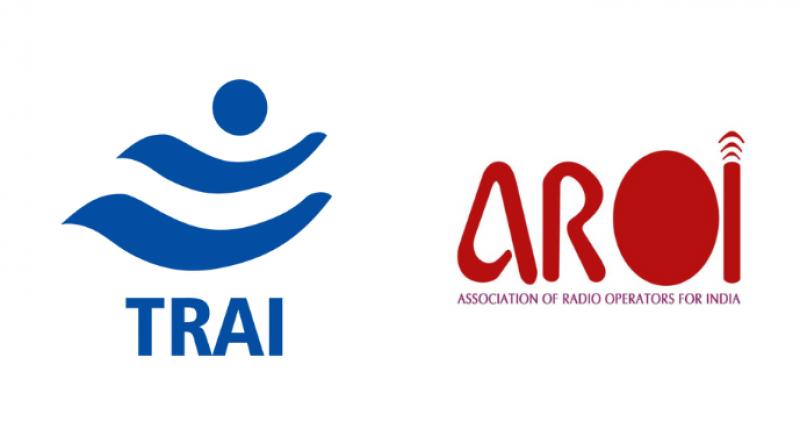The Association of Radio Operators for India (AROI) has welcomed the Telecom Regulatory Authority of India’s (TRAI) latest recommendations on the Framework for Service Authorisations for Provision of Broadcasting Services under the Telecommunications Act, 2023.
The proposed changes signal a significant shift in the broadcasting sector’s regulatory structure, aimed at streamlining operations, encouraging digital transformation, and fostering a more competitive and sustainable ecosystem for radio broadcasting.
The Telecommunications Act, 2023, notified in the Gazette of India, repeals the Indian Telegraph Act, 1885, introducing a modern regulatory framework suited to contemporary technological advancements.
However, the appointed date for the Act’s implementation remains pending, allowing room for further deliberation. Under Section 3(1)(a) of the Act, authorisation is now mandatory for entities providing telecommunication services, subject to prescribed terms, conditions, and applicable fees.
This structured approach is expected to bring greater transparency and efficiency to governance in the broadcasting and telecom sectors.
In a major departure from the existing licensing model, TRAI’s recommendations propose a structured authorisation framework for broadcasting services.
This model aims to simplify regulatory processes, eliminate redundant bureaucratic hurdles, and enable a seamless transition to a more dynamic and technology-friendly regime.
The framework outlines two distinct sets of terms and conditions—one for entities seeking authorisation and another for authorised broadcasters during their service period.
Current licensees may voluntarily migrate to the new framework without additional entry or processing fees until their current permissions expire, ensuring a fair and smooth transition. However, after 2030, migration to the new authorisation framework will become mandatory for all broadcasters.
A key feature of the recommendations is the adoption of a technology-neutral approach, enabling broadcasters to choose suitable digital transmission technologies without being bound to specific methods. This move is poised to drive innovation, improve efficiency, and broaden audience reach.
Notably, TRAI proposes the delinking of service authorisation for Terrestrial Radio Services from frequency assignment, with spectrum allocation to be conducted through separate auctions. This separation is expected to enhance transparency and foster fair competition in frequency allocation.
The recommendations also expand content opportunities for private FM radio stations, allowing them to broadcast news and current affairs for up to 10 minutes per hour and provide live coverage of national sports events. This marks a significant shift in content regulation, bringing radio broadcasting more in line with other media platforms.
In recognition of the growing importance of digital platforms, TRAI suggests allowing authorised Terrestrial Radio Services to concurrently stream their content online without user control. This provision opens up new revenue opportunities through digital advertising and sponsorships while broadening audience engagement.
Further easing operational constraints, TRAI recommends removing the mandatory co-location requirement for FM radio stations, offering broadcasters greater flexibility in infrastructure management. Voluntary infrastructure sharing between broadcasters and telecom providers has also been proposed, promoting resource efficiency and cost reduction.
TRAI’s proposals include the introduction of a separate Programme Code and Advertisement Code tailored to private radio broadcasters, providing clearer content guidelines while maintaining ethical broadcasting standards.
The license renewal period is set at 10 years, accompanied by a financial framework featuring a 4% Adjusted Gross Revenue (AGR) based license fee. This extended period ensures long-term operational stability, while the AGR model aligns financial obligations with industry revenues.
Lastly, TRAI recommends that the Ministry of Information and Broadcasting (MIB) reconsider the current city-wise FM frequency allocation model in favour of a district-wise approach, aiming to enhance coverage and accessibility in smaller towns and rural areas.
An AROI representative acknowledged TRAI’s efforts to address the sector’s evolving needs, noting that while most recommendations pave the way for industry growth and regulatory clarity, certain aspects may require further dialogue to fully align with the interests of private radio broadcasters.

.gif)










